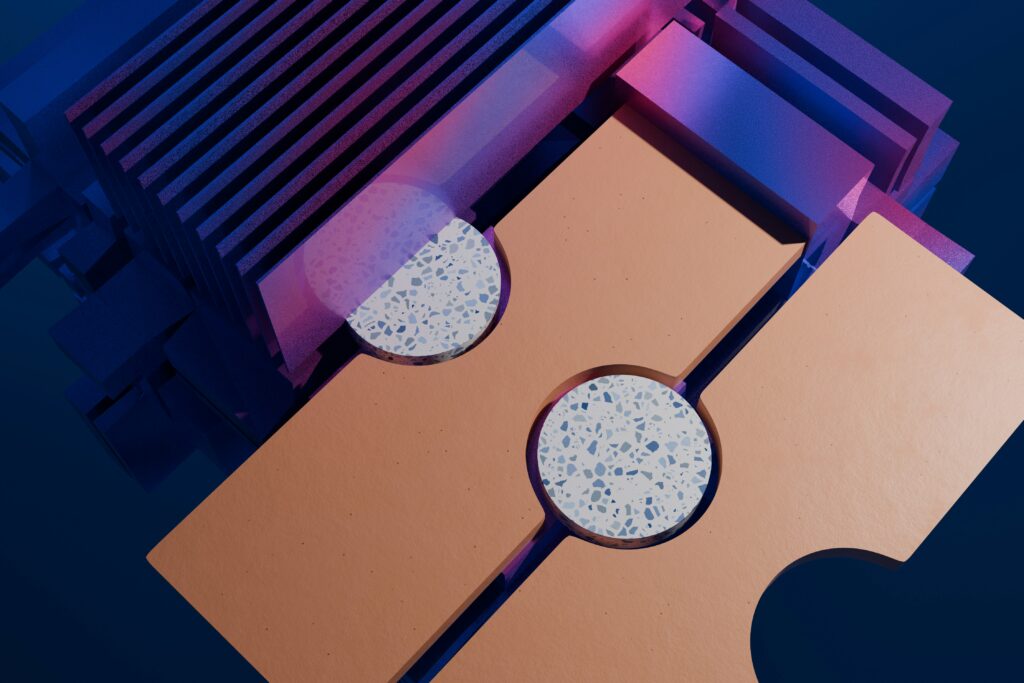Recent advancements in chip technology are propelling a monumental shift in personal computing, with major players like Intel, Qualcomm, and AMD unveiling their next-generation processors specifically designed for on-device artificial intelligence. This push culminated in significant announcements, particularly at events like Computex and Microsoft’s developer conferences, where the concept of the ‘AI PC’ took center stage. Intel’s Lunar Lake, Qualcomm’s Snapdragon X Elite, and AMD’s Ryzen AI processors are at the forefront, boasting Neural Processing Units (NPUs) capable of tens of trillions of operations per second (TOPS). These dedicated AI engines are not just about raw power; they promise a new class of experiences, from enhanced productivity tools to more immersive creative applications, all running locally on your machine.
Market research and analyst predictions highlight the immense potential and rapid adoption of these new AI-powered PCs. According to projections from firms like IDC and Gartner, AI PC shipments are expected to grow significantly, becoming a substantial portion of the overall PC market within the next few years. For instance, some reports forecast that by 2027, nearly 60% of all new PCs will be equipped with AI capabilities. This growth is driven by the clear benefits of on-device AI: improved privacy and security as data stays local, lower latency for real-time AI tasks, and reduced reliance on cloud infrastructure, leading to better power efficiency and longer battery life for mobile devices. The performance metrics of these new NPUs are staggering, with some chips exceeding 45 TOPS, far surpassing the requirements for running advanced AI models locally.
Transforming User Experience and Industry Dynamics
The immediate impact of these AI PCs will be felt across various user experiences. Imagine real-time language translation in video calls without cloud delay, intelligent photo and video editing that anticipates your needs, or advanced security features that adapt to your usage patterns – all happening seamlessly on your device. For creative professionals, AI accelerators will unlock new possibilities in generative art, 3D rendering, and audio production, drastically reducing processing times. For business users, tools like Copilot in Windows will become even more powerful and responsive, leveraging local AI to analyze documents, summarize meetings, and automate tasks more efficiently. This shift also redefines the software development landscape, encouraging developers to create AI-native applications that fully utilize these new hardware capabilities, moving away from a purely cloud-centric AI model.
Furthermore, the advent of dedicated AI hardware is intensifying competition within the chip industry. Manufacturers are vying to offer the most efficient and powerful NPUs, pushing the boundaries of miniaturization and computational efficiency. This competition benefits consumers, leading to more innovative and diverse product offerings. It also creates new opportunities for software companies to differentiate their products by integrating deeper AI functionalities, making applications smarter and more intuitive than ever before. This symbiotic relationship between hardware and software is crucial for the successful integration of AI into our daily digital lives.
The Road Ahead: Predictions and Challenges
Experts predict that the ‘AI PC’ is not just a passing trend but the foundation of the next decade of personal computing. We can expect future iterations of these chips to integrate even more powerful AI capabilities, perhaps blurring the lines between traditional CPUs, GPUs, and NPUs into a more unified AI engine. The focus will likely shift towards greater energy efficiency and specialized AI accelerators for specific tasks, such as vision processing or natural language understanding. However, challenges remain, including the need for robust software ecosystems to fully harness this new hardware, standardization of AI frameworks, and ensuring that AI-powered features are truly beneficial and not just gimmicks. The potential for innovation is immense, and as more developers embrace on-device AI, the true power of these new machines will begin to unfold.
The shift to AI PCs represents a significant leap forward, moving beyond mere processing power to intelligent computing. It’s a testament to how rapidly AI is evolving from a theoretical concept to a practical, integrated part of our essential tools. This new era promises more personalized, efficient, and powerful computing experiences for everyone. For more insights into how AI is reshaping various industries, you can explore our article on The Rise of Generative AI.
For further reading on the technical specifications and impact of these new chips, you can refer to articles from leading tech publications like The Verge’s coverage on Copilot+ PCs and AI Chips.

